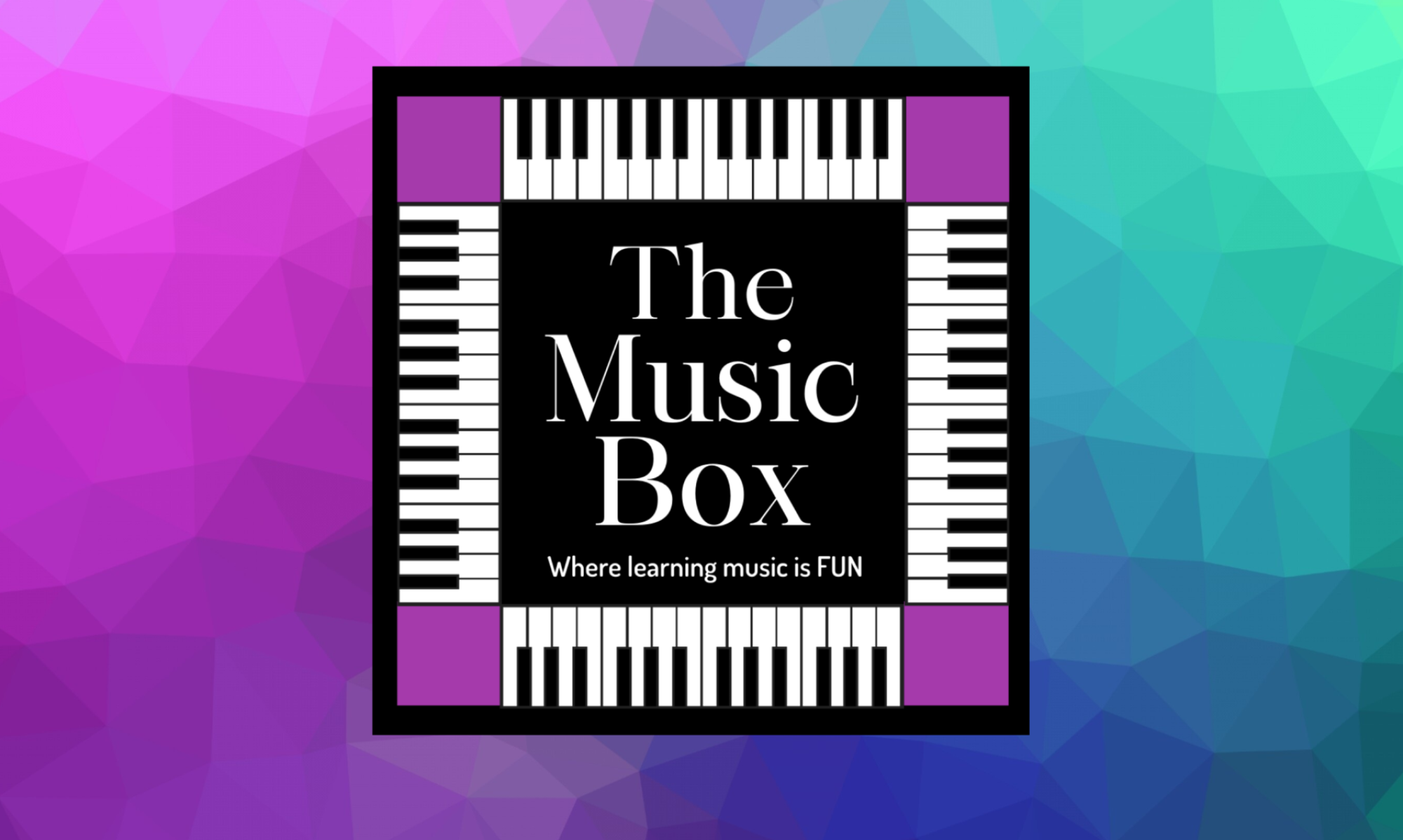Piano lessons increase your EQ!
KANATA, Ontario August 25, 2009 – We often hear about how music lessons increases a child’s IQ but it also increases their EQ, emotional quotient.
EQ is the measure of emotional intelligence including empathy, intuition, creativity, flexibility, resilience, coping, stress management, leadership, integrity, intrapersonal skills and interpersonal skills. So basically, EQ is the ability to understand and manage your emotional life, which in turn will affect the life of others around you.
Optimists have high EQ and treat obstacles as minor, while the pessimistic low EQ group personalizes all setbacks.
As Charles Darwin said, “It is not the strongest of the species that survives, nor the most intelligent that survives. It is the one that is the most adaptable to change.” Those of us who survive and thrive in this complex world are not only the most adaptable, but also the most optimistic and the most likely to have a high EQ.
Your EQ has more to do with your success and happiness in life than your IQ and the good news is that it can be learned.
So what does EQ have to do with piano lessons? Group piano lessons: encourage communication in a positive verbal and nonverbal manner; cooperation with peers; helps students achieve success; teach children self-control; and helps students accept the consequences of their own behavior. Group piano lessons help students develop the positive attitudes and skills needed for collaboration, leadership and peer acceptance. And one of the benefits of group lessons is that students learn more repertoire from each other through collaborative learning. Students naturally like to play and work together and it adds excitement to their learning.
Music is doing, feeling, moving, listening and creating. The most important thing parents can know is that their child will develop in a far more enriched way with music lessons. The successful Music for Young Children program founded in 1980 by Frances Balodis is taught in small groups with adult and child both participating. It includes piano instruction, singing, rhythm ensembles, sight reading, ear training, theory and composition. MYC is taught by independent teachers throughout the United States, Canada, New Zealand, Singapore, South Korea and Vietnam with approximately 24,000 students enrolled this year.
“Music for Young Children has provided a fun and entertaining element for our family. The kids love the fact that we can all take turns playing and that mom and dad are involved in their music experiences. TV has become less important and it is watched much less. In my daughter’s three years of MYC, I have never heard her complain about having to practice. I love to see her passionate about it.” Jill Vasy, parent.
For more information contact Aimee Rau at The Music Box at519-671-KEYS (5397).
www.myc.com. Janice Reade, Public Relations in Ottawa 613-592-7565
